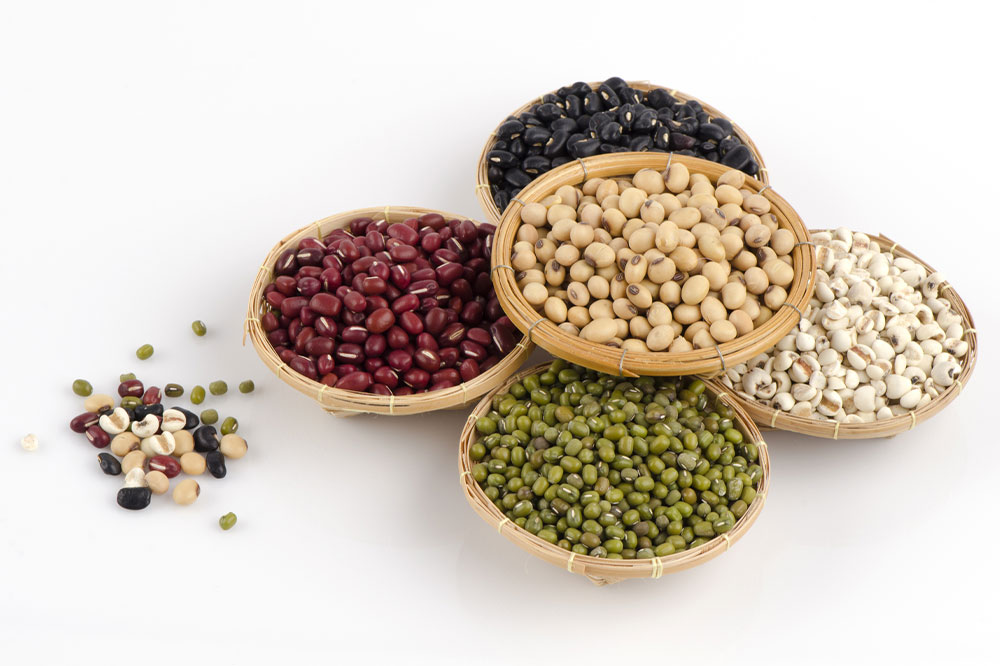Avoid these foods to manage psoriatic arthritis

Psoriatic arthritis is a common form of arthritis linked with a skin condition called psoriasis. It normally affects the small joints in the fingers and toes and those of the hands and feet. While inflammation is one of the main symptoms of psoriatic arthritis, when left untreated, chronic inflammation can lead to the deformation of joints. One can manage the condition and its symptoms with treatments and changes in lifestyle and daily nutrition.
Processed meat
Deli meat or prepackaged meat on store shelves may contain excessive amounts of saturated and trans fats. The meat also comes with preservatives and additives that increase the shelf life of the product. However, fatty, processed meats affect cholesterol levels, triggering an increase in body mass that can strain the joints and trigger inflammation. So, to avoid worsening the primary symptoms of psoriatic arthritis, nutritionists recommend avoiding sausages, bacon, fatty cuts of prime ribs, bologna, and other red meats like pork, veal, lamb, or beef to lower the risk of inflammation and flareups.
Processed foods
Store-bought snacks, sweets, fried foods, ready-to-eat meals, and other baked goods or confectionaries may contain large amounts of fats, additives, and preservatives. In addition, the foods are laced with artificial sugars and salts to enhance the flavor. Processed snacks may also offer no nutritional value and can trigger inflammation. The high sugar and salt content also increase the risk of high blood pressure, diabetes, and cholesterol—conditions that can worsen the flare-ups linked to psoriatic arthritis.
Sugary drinks and sodas
A can of soda or flavored beverage contains a lot of sugar in a highly concentrated form. Regular intake of aerated beverages severely increases the risk of diabetes. Also, the body can only process a finite amount of sugar as the ingredient contains empty calories that add no nutritional value to the meal. The excess sugar in the bloodstream triggers an imbalance in blood glucose levels and contributes to mass gain, which is also unhealthy for managing psoriatic arthritis. The effects of excessive sugar intake also include a heightened risk of cardiovascular diseases.
Dairy products
Dairy is a rich source of calcium and vitamin D, nutrients required for the bones and joints in the body. However, one should skip certain dairy products to manage symptoms of psoriatic arthritis. Some people with the condition may suffer from lactose intolerance—an allergic reaction brought on by the body’s inability to break down proteins found in dairy products. Food allergies can trigger a severe inflammatory response that worsens the symptoms of arthritis, including joint pain. It is advisable to avoid pure fatty milk, cheese, yogurt, and other dairy products like cream and whitener. One can consider substitutes like almond, soy, coconut, flax, hemp, and plant-based milk to avoid allergic reactions.
Nightshade vegetables
Certain nightshade vegetables can trigger food allergies as they contain compounds that promote inflammation in the body. Tomatoes, eggplants, peppers, paprika, and potatoes contain concentrated solanine compounds, which can trigger a serious reaction even when consumed in small amounts. The severity of symptoms can vary from person to person.
Refined carbohydrates and gluten
Whole grains and certain seeds can contain gluten, a protein that helps food maintain its shape. However, people with gluten intolerance cannot digest this protein. Gluten can trigger autoimmune responses linked to celiac disease, one of the major complications associated with psoriatic arthritis. One should also avoid refined carbohydrates found in white bread, pasta, breakfast cereals, and other baked goods or confectionaries. Refined grains can trigger inflammatory responses and lead to spikes in blood sugar levels.
One should always consult a certified nutritionist to discuss the pros and cons of introducing any changes in one’s daily nutrition. This can help one learn and avoid the side effects of abrupt substitution or elimination of foods.




